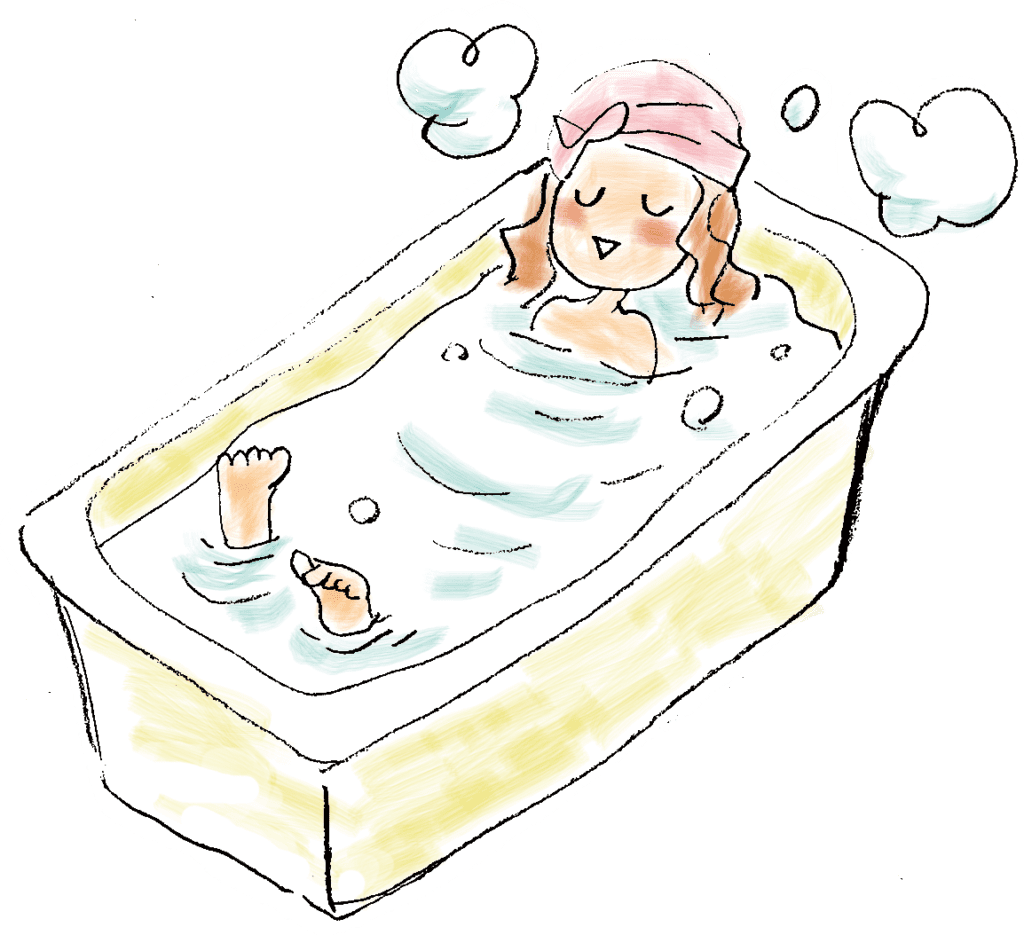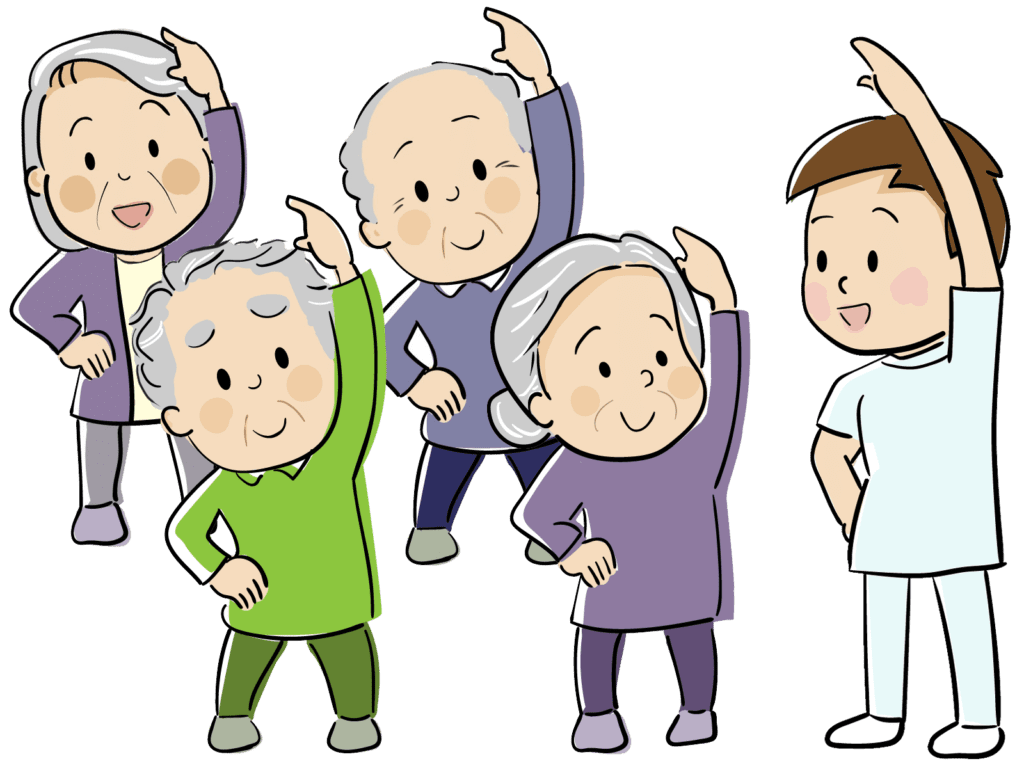Column The Reasons Why Sciatica Relapses are so Frequent: What Kind of Behavior to Avoid at All Cost?
November 15, 2024
If you are suffering from back pain, it is not uncommon for you to also have sciatica.
Sciatica is said to be prone to relapse, so in this article we will explain the reasons why sciatica relapses.
What is Sciatica?
Sciatica refers to symptoms that occur when the thickest nerve in the human body, which extends from the lower back to the legs, is compressed or irritated.
Many medical conditions, such as lumbar disc herniation and lumbar spinal canal stenosis, are often accompanied by sciatica. Of these, lumbar spinal canal stenosis and disc herniation are the most common.
Sciatica can cause sharp, electric-like pain and numbness in the buttocks, thighs, calves and even the toes.
Other symptoms of sciatica include tightness in the calves, a heavy feeling in the legs, and a burning or electric-like sensation.

Reasons for the recurrence of sciatica
Sciatica is a condition that often tends to recur.
Even if the pain and other symptoms have subsided, the chances of a relapse are high if you continue to live your life without making any changes in your lifestyle.
This is because daily lifestyle habits and poor posture are the main causes of recurrence.
In order to prevent a recurrence of sciatica, it is important to take time to reconsider your daily lifestyle habits.
Things that patients with sciatica should avoid doing
◆Lifting heavy objects
Lifting heavy objects puts a strain on the lower back and increases the risk of aggravating conditions such as disc herniation, which can cause sciatica to reappear. If you have had sciatica in the past, it is recommended that you avoid lifting heavy objects as much as possible, as this can increase the risk of a recurrence.
◆Over-exercising
If you absolutely have to lift something heavy, be careful not to bend your upper body too much. Be sure to lift the item with your legs fully flexed.
If you have sciatica, it is likely that your abdominal and back muscles lack strength. If your muscles are weak, your back will be strained, and damage will accumulate in your ligaments, muscles, and intervertebral discs. Jumping, sudden movements, and other strenuous activities are very tiring, and can cause sciatica to flare up.
◆Excessive stretching
If you have had sciatica in the past, stretching your lower back can also be risky. Incorrect stretching can make your disc herniation worse and may lead to the progression of spinal disorders.
If you are going to stretch, you should always consult a specialist at a medical institution and make sure you do it the right way.
◆staying in the same posture for long periods of time
If you stay in the same posture for a long time, the blood flow to your lower back and legs will worsen. Also, stress will continue to be applied to a certain part of the intervertebral disc, making it more likely to result in a change in shape.
Avoid staying in the same posture for long periods of time, and make sure you move your body regularly.
◆Excessive rest
Even if the pain of sciatica is strong, resting too much can also lead to a recurrence of sciatica. By resting too much, the muscles that support the body will weaken, and you will fall into a vicious circle where in turn you become more susceptible to sciatica.
Even when you have sciatica, it is important to lead a normal life within the limits of what doesn’t cause pain, and to maintain your muscle strength.
◆Weight gain
Gaining weight can make you more prone to hunching over. If you have a deformity in the bones of your lower back or your spine is slipped out of alignment, your symptoms may worsen. Also, if you gain weight, you may find it more of a chore to exercise, which can lead to a decline in muscle strength, and this can lead to lower back pain and sciatica.
Be careful about your diet and try to avoid gaining weight.
How to prevent sciatica from recurring
In order to prevent sciatica from recurring, it is important to reconsider your lifestyle on a daily basis.
Improving blood circulation
The symptoms of sciatica worsen when blood flow diminishes, so improving blood circulation can be quite effective.
It is recommended that you get into the habit of taking a long soak in the bath every day. Soak up to your neck and stay in for about three minutes. In winter, there is a risk of heat shock, so make sure you heat the bathroom and changing room.

Also, if your body gets cold, your blood circulation will worsen, so make sure your neck, hands, feet, stomach, and buttocks do not get cold. Use supporters, belly bands, scarves, etc. to keep your body warm.
Exercise therapy
Exercise therapy is essential to prevent sciatica from recurring.
Get into the habit of walking 10,000 steps a day and training your inner muscles to maintain your posture.
Even a 15-minute walk, or walking slowly is fine. Don’t just go out shopping and then walk some more, but really go out there and walk for the sole purpose of walking.
When doing training, don’t do it by yourself, but be sure to get instruction on how to do it properly.

Our clinic’s treatment – the Cellgel method
Our clinic offers the Cellgel method for herniated discs and spinal canal stenosis with sciatica. It is one of the most advanced treatment methods that have been thoroughly researched and developed in recent years and is a new treatment method with solid evidence to back it up.
Herniated discs and spinal canal stenosis are the result of a disc cracking and its central component protruding, causing a narrowing of the spinal canal. If the disc crack is not repaired, it can herniate again or cause a recurrence in the narrowing of the spinal canal.
The Cellgel procedure is a curative treatment because it can “repair the discs”, which is not possible with other treatment methods. It is characterized by the fact that the volume of the disc is not reduced, and the drug remains in the disc as a gel-like implant after treatment, thus preserving the disc.
At our clinic, we track down the cause of symptoms not only by MRI examination but also by checking the patient’s symptoms and daily life.
Based on the results of the examination, we will propose a treatment method that suits each patient individually and explain prevention and improvement after treatment in a way that is reassuring and satisfactory to the patient.
If you are suffering from sciatic nerve pain, please consider having a consultation at our clinic.
Related Articles
Causes and Symptoms of Sciatic Nerve Pain, Treatment Methods, and Lifestyle Habits to Be Wary of



